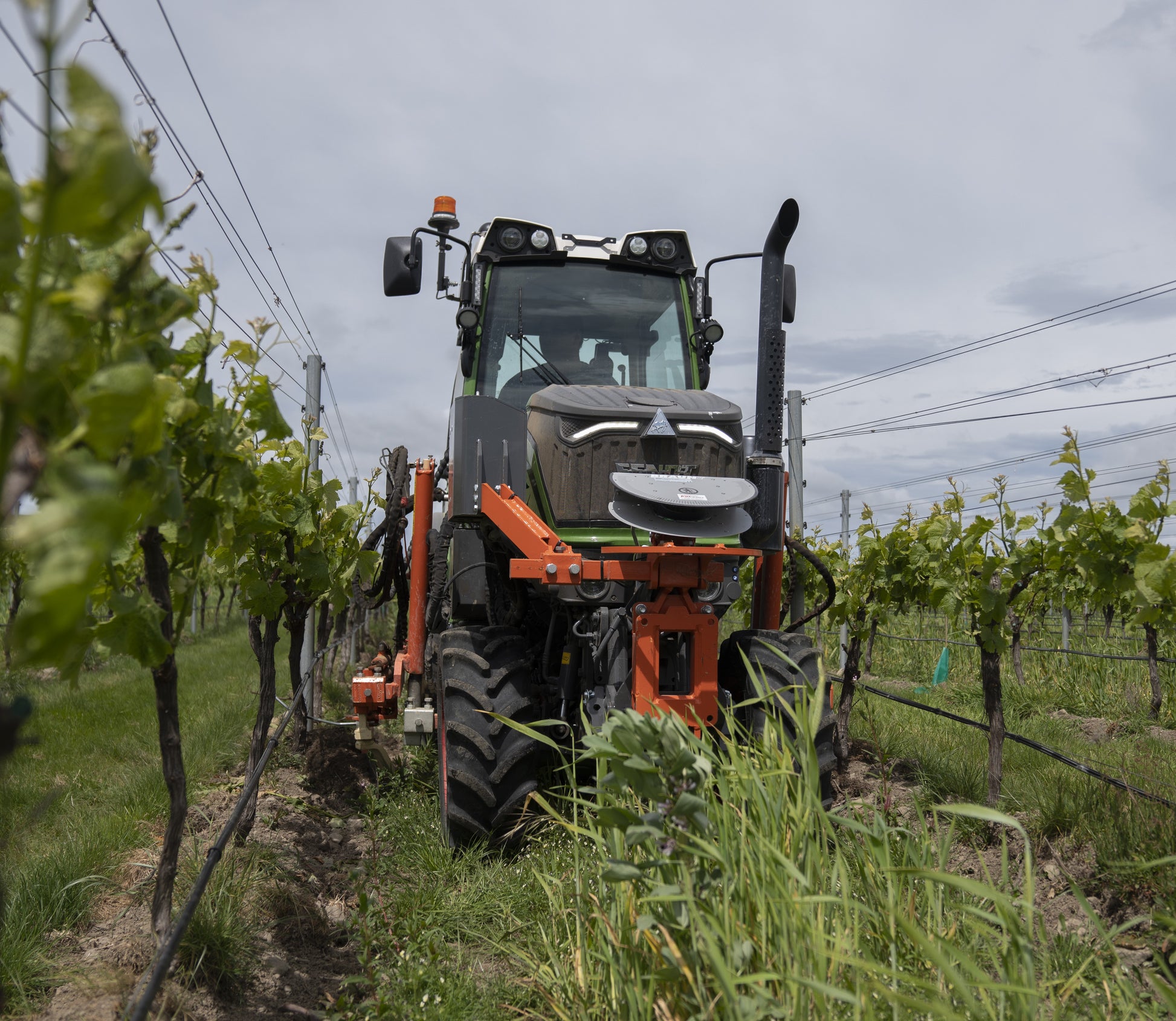Sustainability
Craggy Range is governed by a 1,000 year family trust, instilling a long-term perspective in everything we do. This is what fuels our motivation to cultivate not just for today, but for the future.
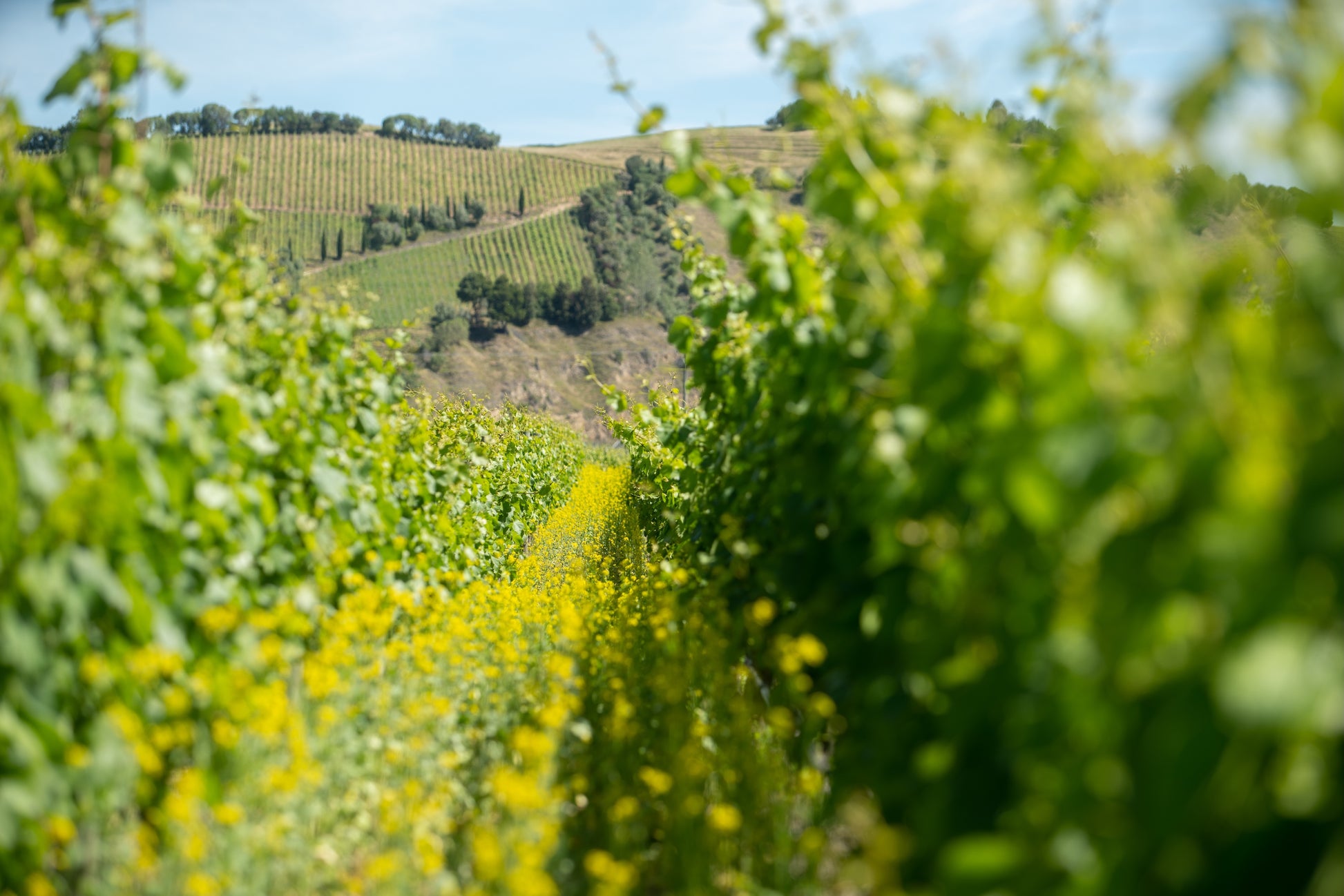
A Vision For The Future
Sustainability is not a trend, but a responsibility we carry forward with intent and care. Guided by a 1,000 year family trust, which instills a long-term perspective in everything we do - fuelling our motivation to cultivate for today and the future.
A commitment to leaving the world in a better place is a cornerstone of our ethos and operations. This commitment is woven through our vineyard management and winemaking processes, driving us to innovate and implement sustainable practices that honour and protect the environment for future generations.
“As a business, we’re not looking to cut corners. Craggy Range was founded on a vision for the future - everything is done with a sense of permanence in mind.”
- David T. Peabody | Executive Director
Organic Farming
At Craggy Range, our commitment to organic farming is two-fold: preserving our land and resources for generations to come and enhancing vineyard ecology by eliminating unnatural inputs, ensuring the purest expression of terroir.
We are transitioning to fully organic farming through a carefully planned, staged approach, ensuring the successful implementation of sustainable practices across every block of our 335 hectares of estate-grown vineyards.
We will be fully organic across all our vineyard estates by 2030.
Biodynamics
Guided by our commitment to more sustainable practices, our garden team embraces biodynamic principles across our culinary gardens at Giants Estate in Hawke's Bay. The seasonal preparations are made and used in our kitchen gardens and vineyards, and also within the wider Biodynamic community right across New Zealand.
This approach will continue to play an integral role in how we nurture and respect the land, supported wholeheartedly by the Peabody family and aligned with our 2030 sustainability goals.
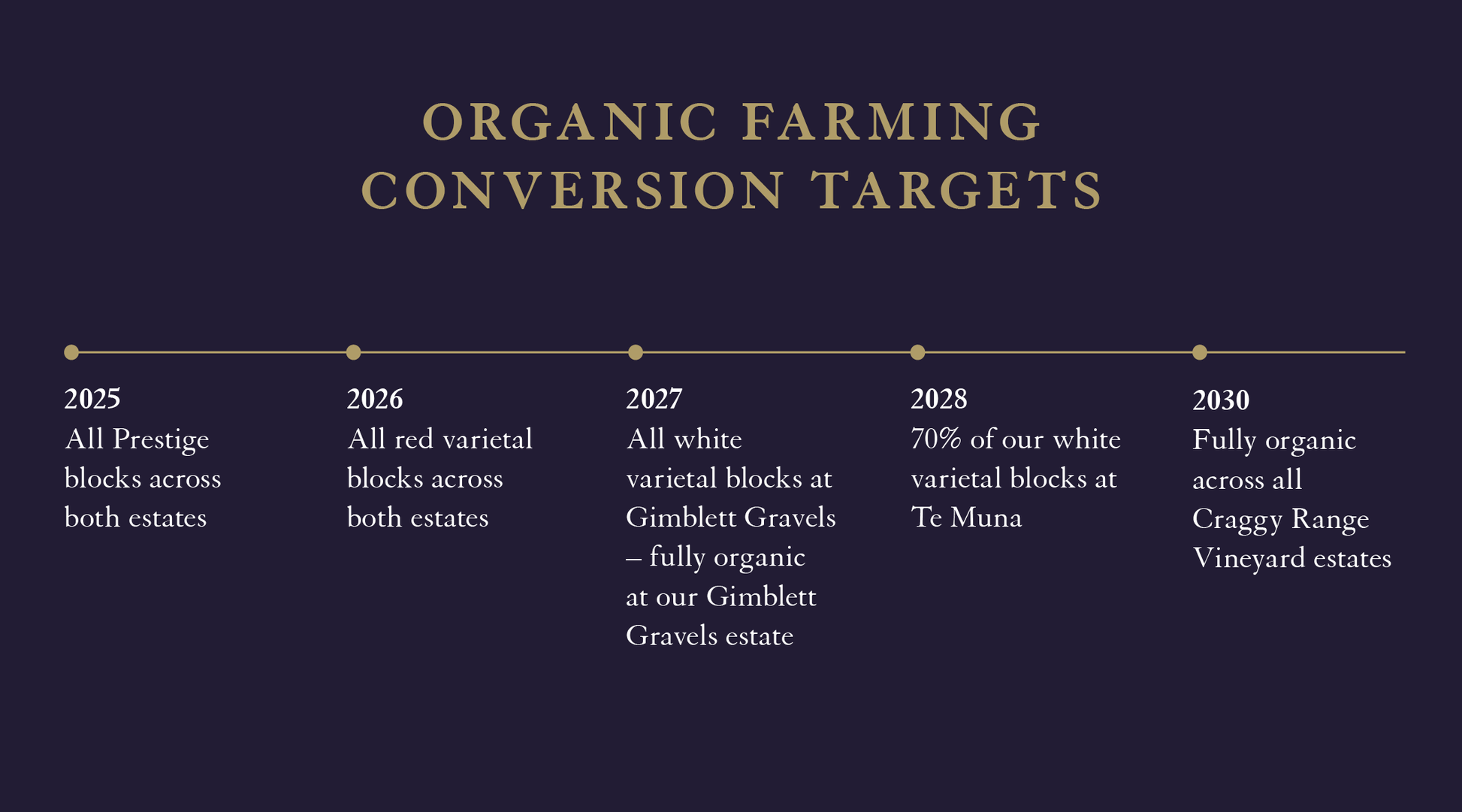
Regenerative Practices
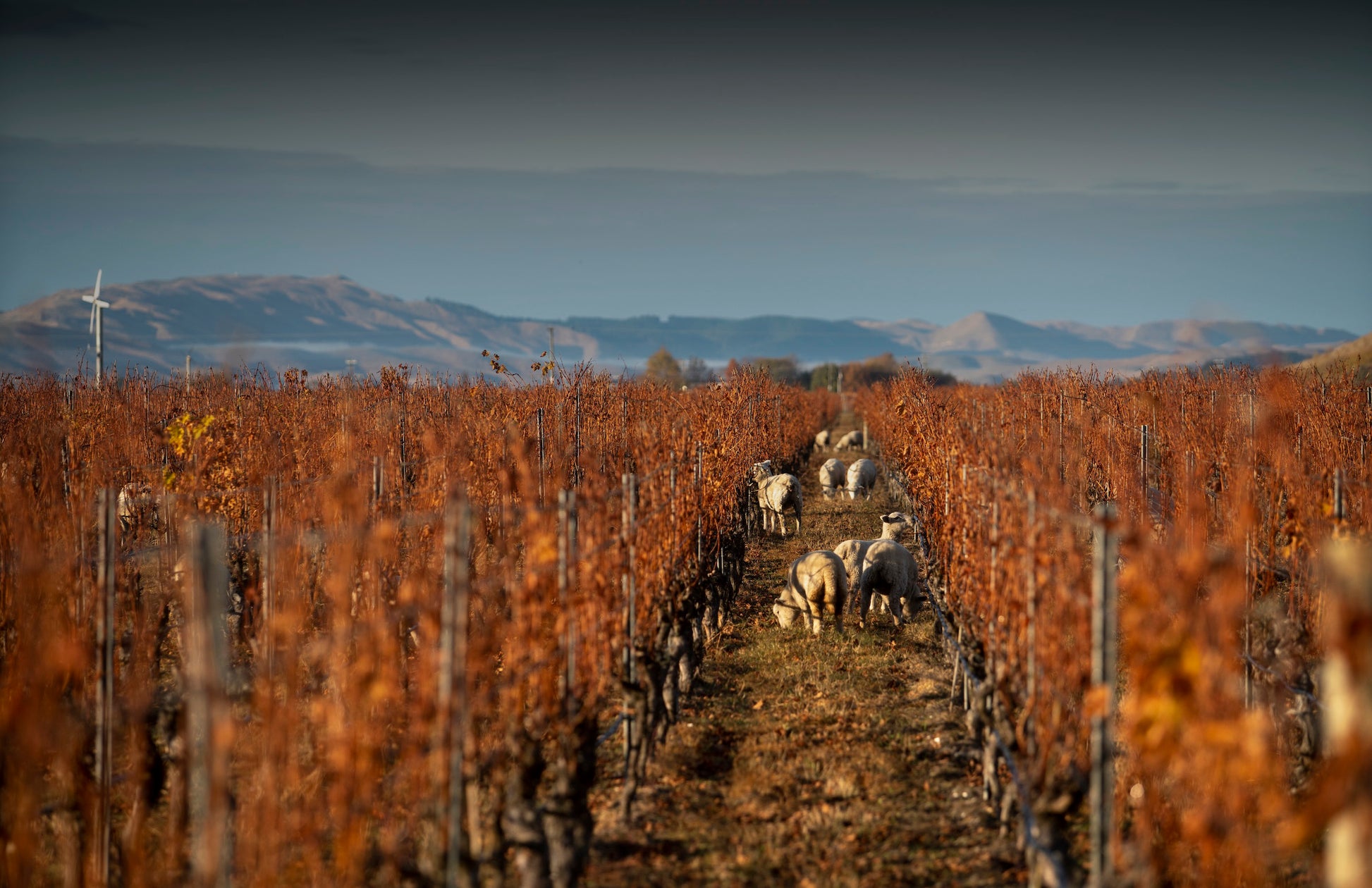
Regenerative viticulture is fundamental in our farming philosophy, aiming not just to sustain the land but to actively improve it for future generations.
We believe great wine begins with a thriving ecosystem, and we are continually innovating and evolving our practices, seeking new ways to do better.
At our Te Muna Estate, over 25 hectares of river terraces unsuitable for vines have been restored with native plantings, attracting indigenous birdlife that naturally helps control pests and support biodiversity. We are committed to planting a minimum of one hectare of native species per year across our estates.
Across all estates, we plant diverse cover crops between the vines to protect soil health, retain moisture, suppress weeds, and reduce erosion - creating a dynamic, self-supporting environment that minimises the need for intervention.
This year, we also established a composting programme to reuse all marc generated at both vineyard sites, returning valuable organic matter to the soil and closing the loop on vineyard waste.
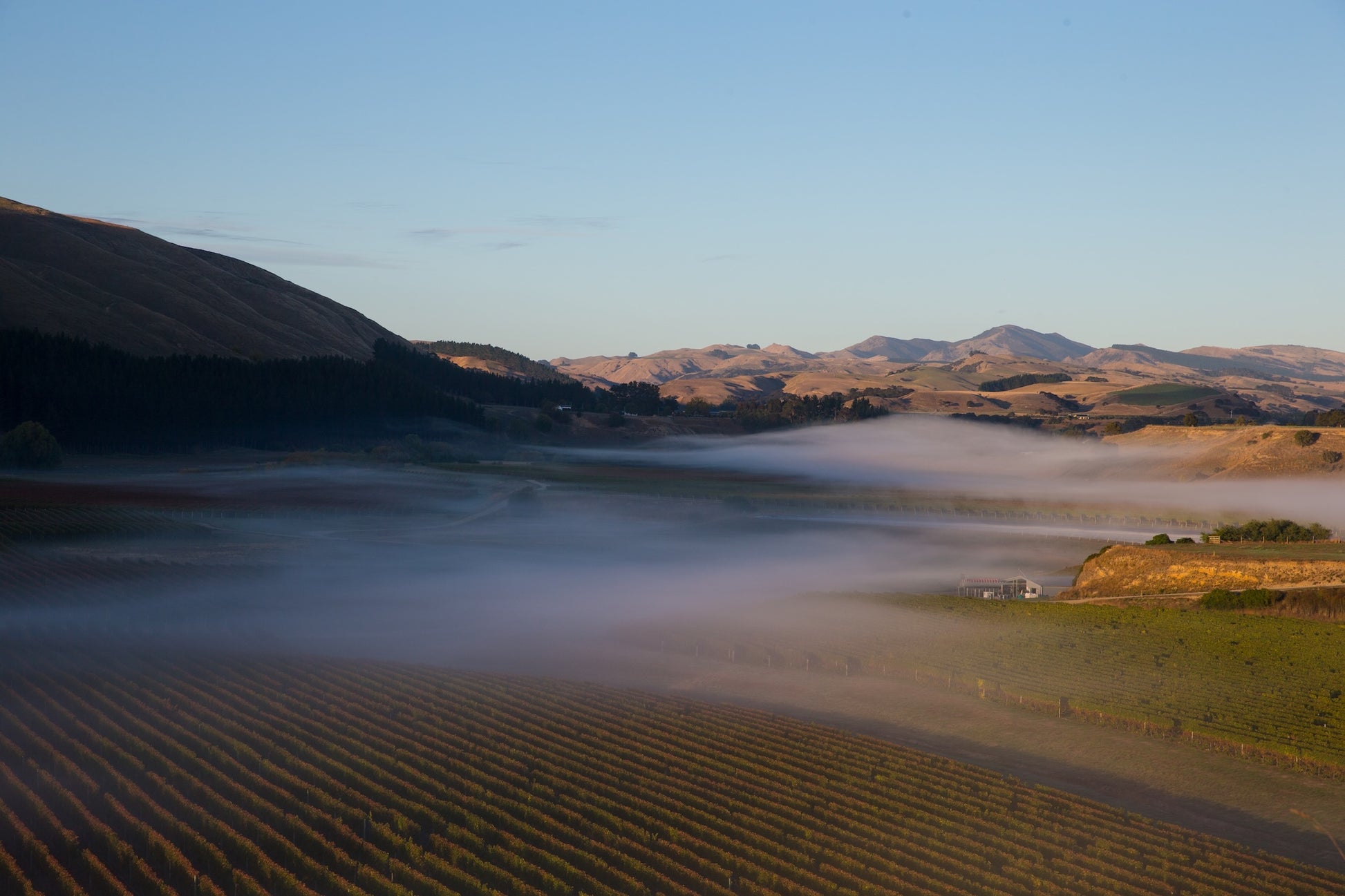
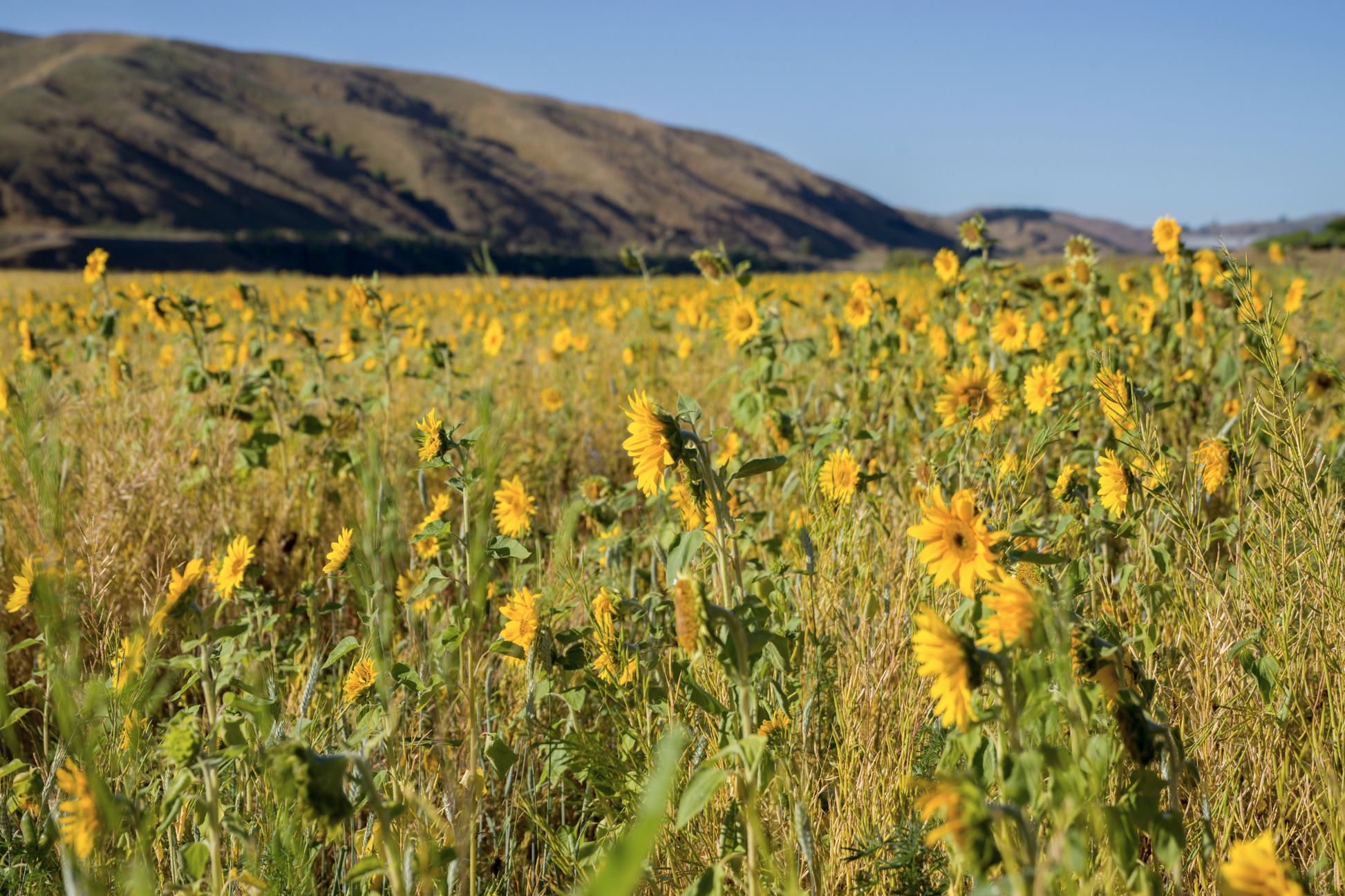
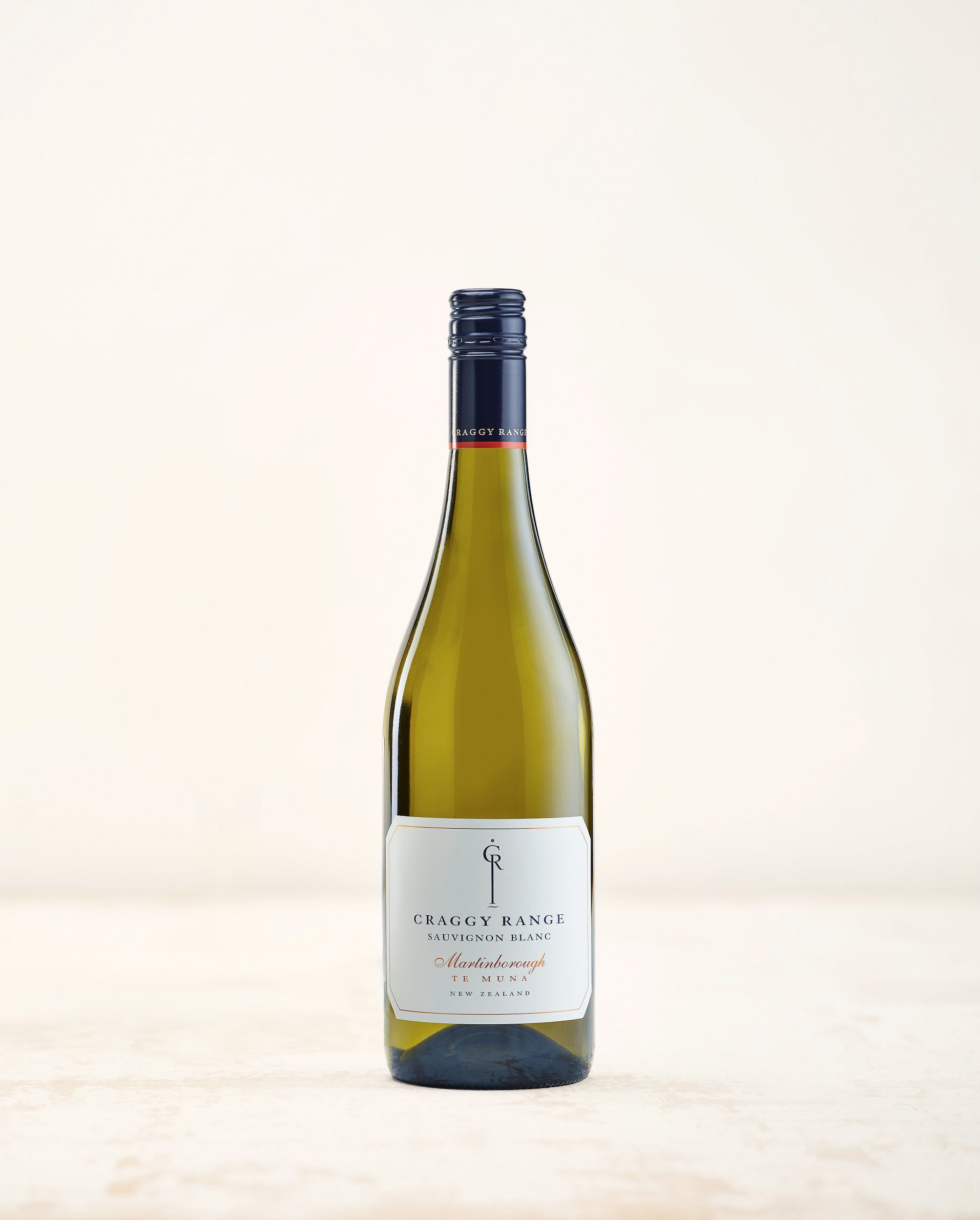
Packaging
In partnership with Toitū Envirocare, we have made significant strides in lowering our carbon footprint. Over the past two years, we have reduced our average bottle weight by 22% across our portfolio, saving 326 tonnes whilst cutting emissions in transport and handling.
All our glass is now sourced locally in New Zealand, with our supplier using a minimum of 70% recycled content. These steps help minimise emissions while preserving the premium quality that defines our wine.
Energy Efficiency
Improving energy efficiency across our operations remains a key focus. In 2025, we upgraded our winery chiller to a low-pollution, high-efficiency model.
We are currently exploring the installation of solar panels at our Gimblett Gravels Winery, with the goal of further reducing our energy consumption.
Waste Management
Reducing waste across our estates is an essential part of our sustainability journey.
At our Giants Estate, we have invested in a glass crusher that allows us to repurpose glass waste on site, minimising landfill and reducing the need for transport.
In the restaurant kitchen, we are exploring the feasibility of an AI-powered waste monitoring system, with a projected goal of reducing food waste by a projected 30% within the first year.
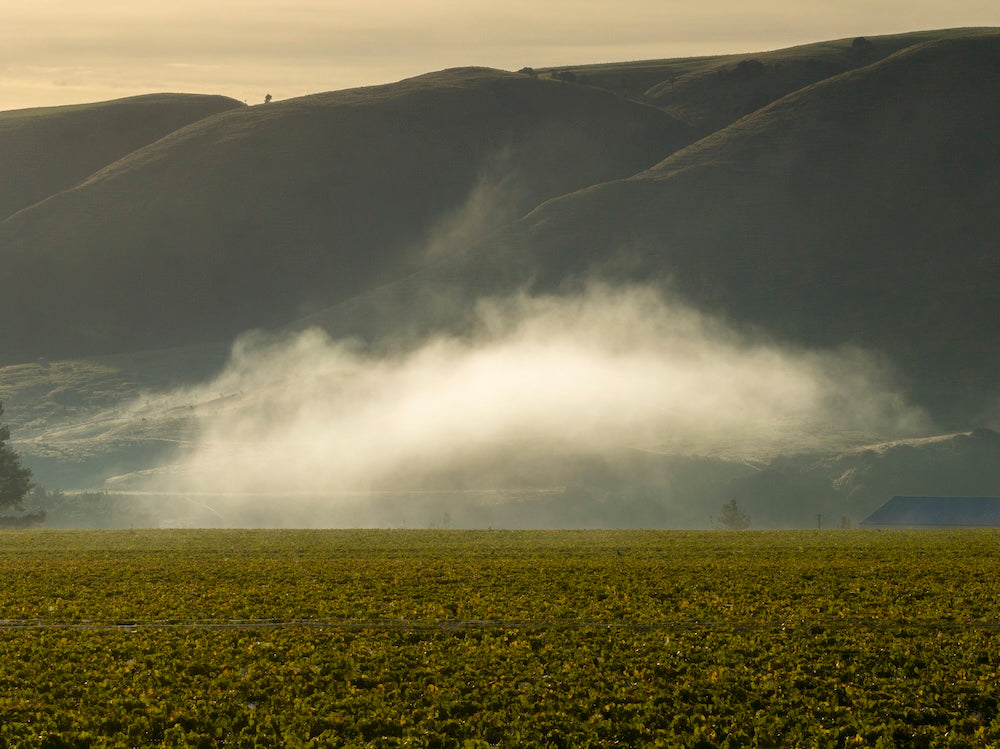
Technology &
Fuel Reduction
Technology plays a vital role in our efforts to reduce fuel-use and operate more efficiently in the vineyard. We have made a significant investment in VPA (autonomous) tractors, which not only improve energy efficiency but also reduce soil compaction - helping to maintain long-term soil health.
We continue to trial revised inter-row management techniques to minimise the number of machinery passes required, further reducing diesel use and lowering emissions. These innovations reflect our commitment to thoughtful, future-focused farming.
